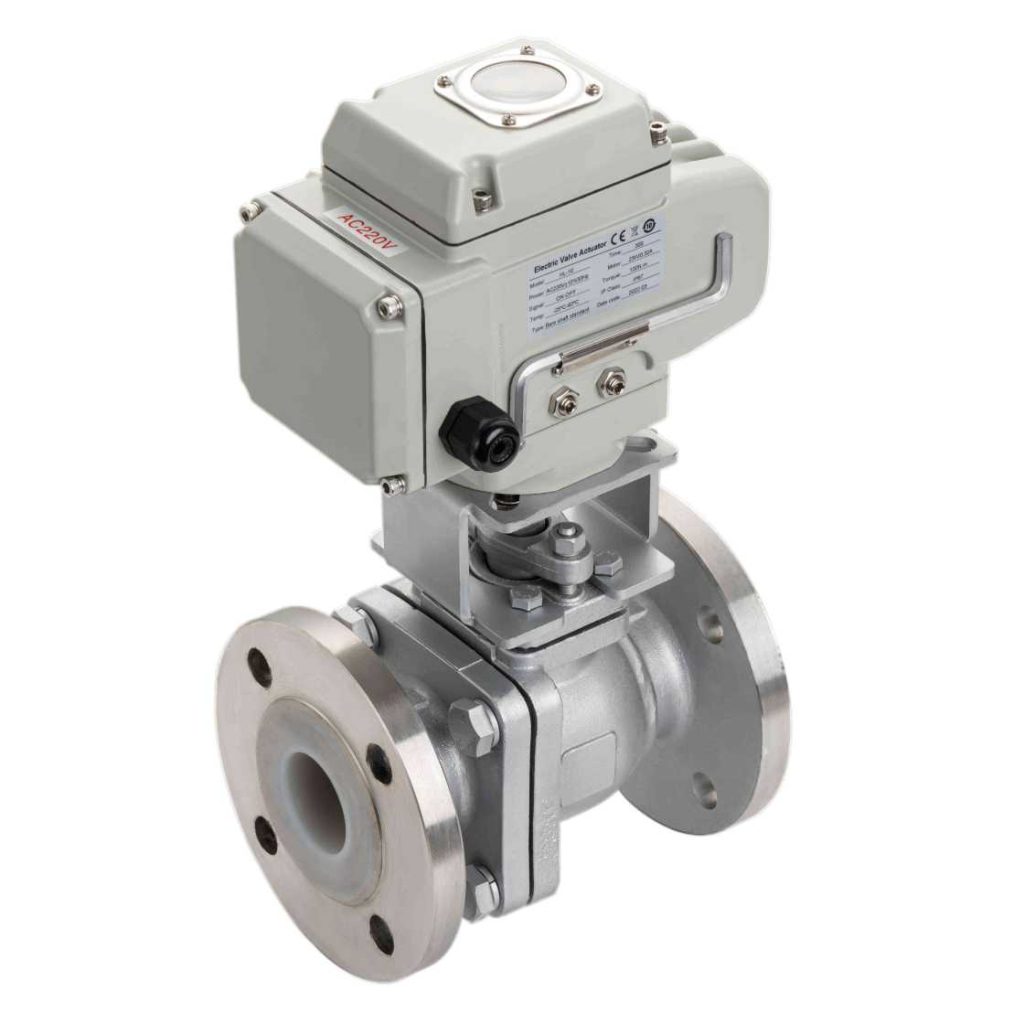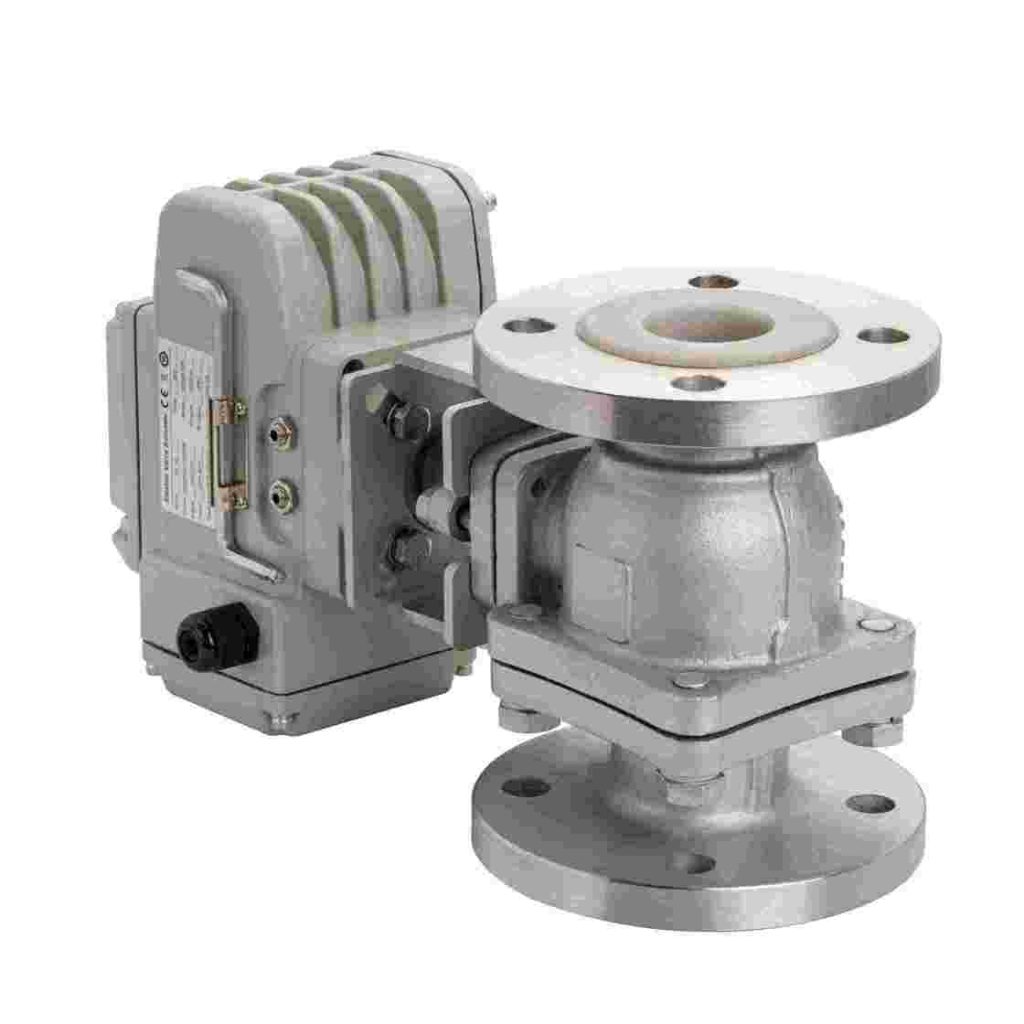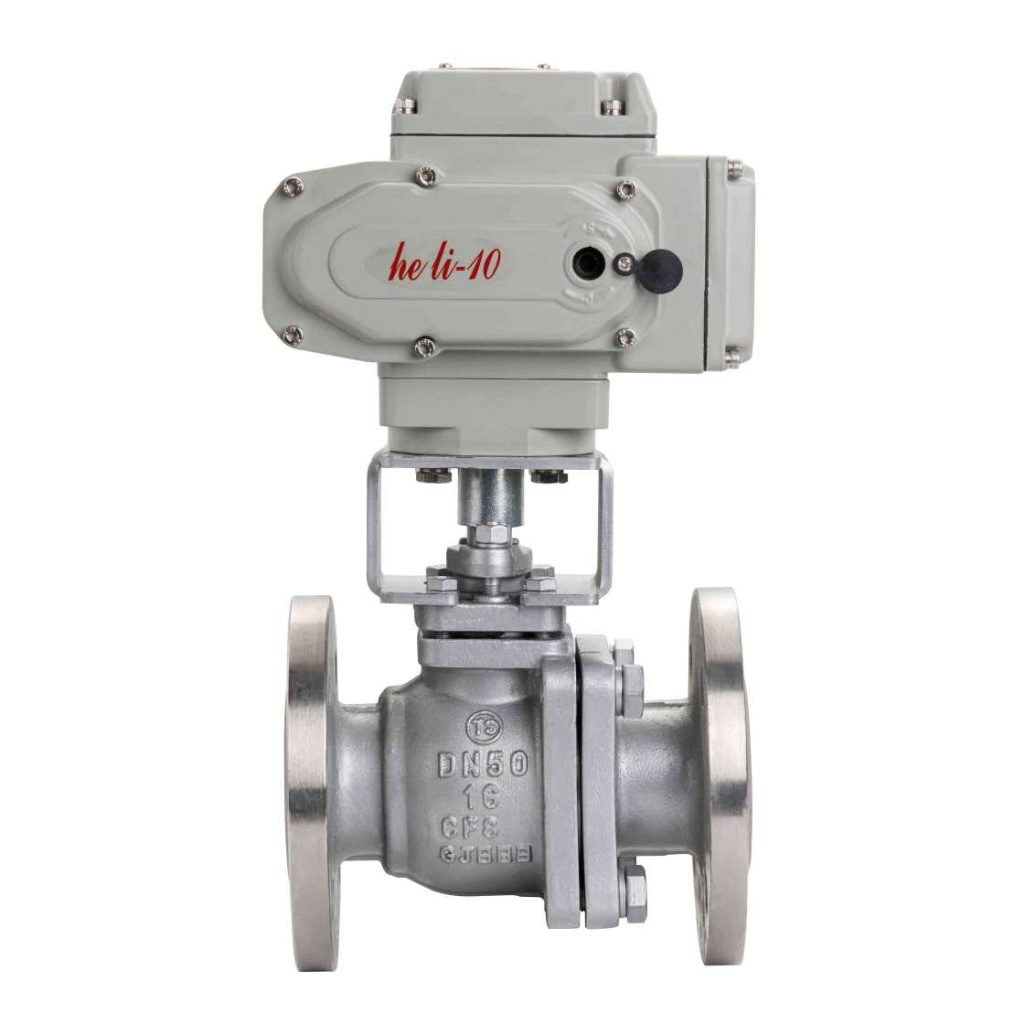In today’s industrial landscape, the importance of durability and efficiency in components such as valves cannot be overstated. One such advancement in valve technology is the electric anti-corrosion ball valve, which combines the reliable performance of ball valves with the added benefit of corrosion resistance and electrical automation. These valves are pivotal in various industries, particularly those that deal with harsh environments, such as chemical processing, water treatment, and oil and gas production. This article will delve into the construction, advantages, and applications of the electric anti-corrosion ball valve, highlighting its critical role in modern industrial processes.

What is an Electric Anti-Corrosion Ball Valve?

An electric anti-corrosion ball valve is a type of ball valve equipped with an electric actuator. The actuator allows for automatic or remote control of the valve, which is essential for applications where manual operation is either impractical or unsafe. The “anti-corrosion” aspect refers to the materials used in the valve’s construction, which are specifically chosen for their resistance to the damaging effects of corrosion caused by chemicals, water, or other harsh substances in the operating environment. These valves typically consist of a spherical closure mechanism—referred to as the ball—which is drilled through its center to allow fluid flow. When the ball is rotated 90 degrees, the hole aligns with the flow path, allowing the fluid to pass through; when the ball is rotated back, the hole is perpendicular to the flow path, effectively stopping the flow. The electric actuator, which can be controlled via a manual switch, remote control, or automated system, operates the valve without requiring manual intervention.

Leave a Reply
You must be logged in to post a comment.